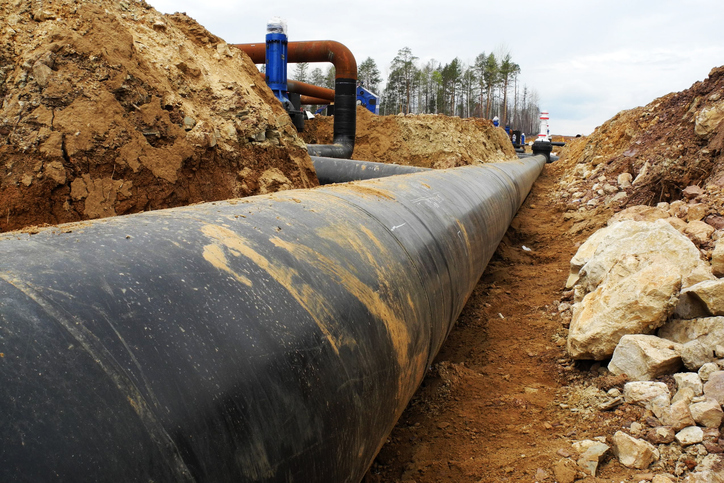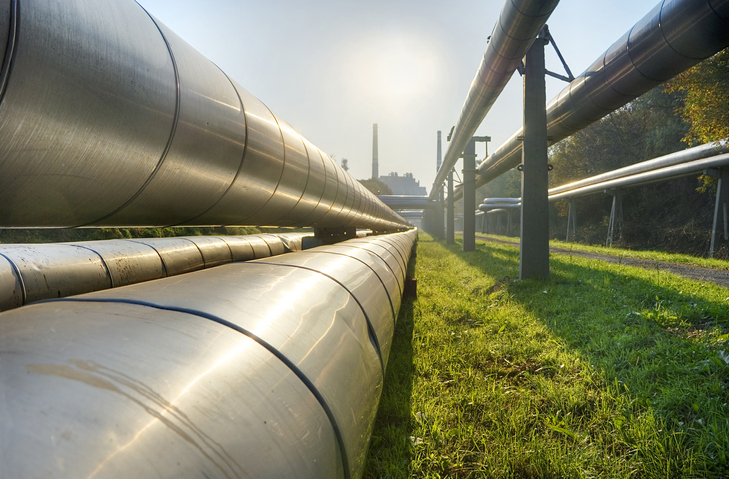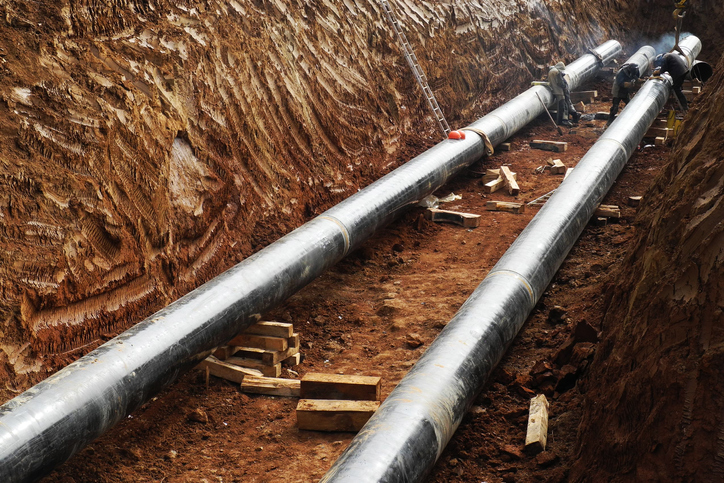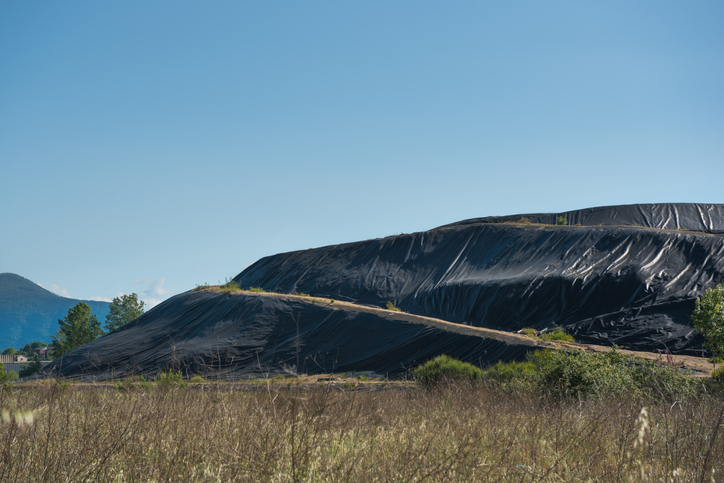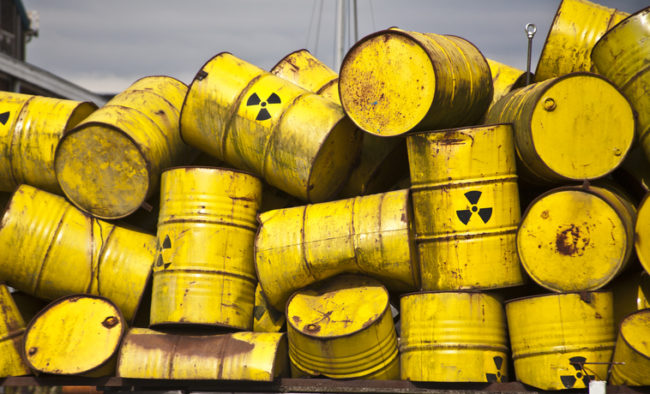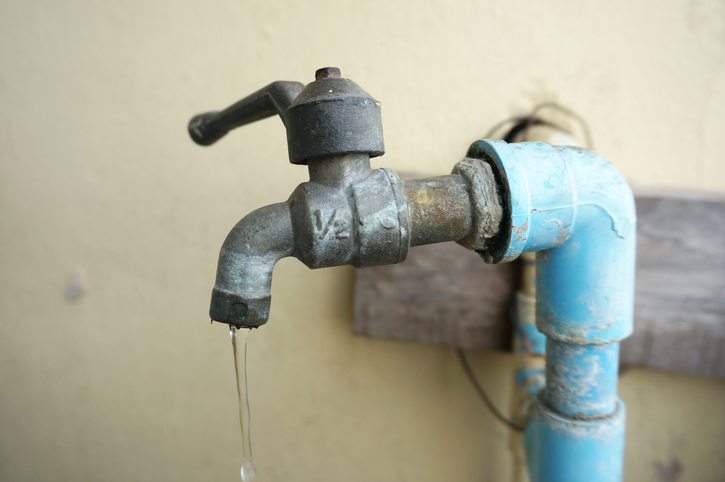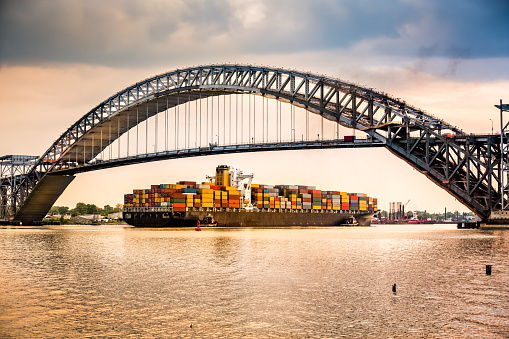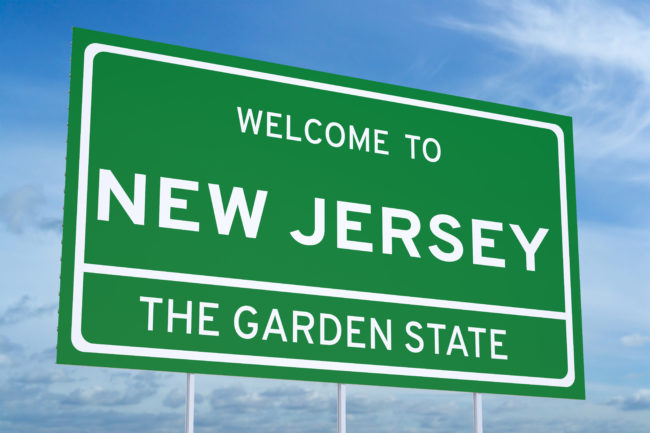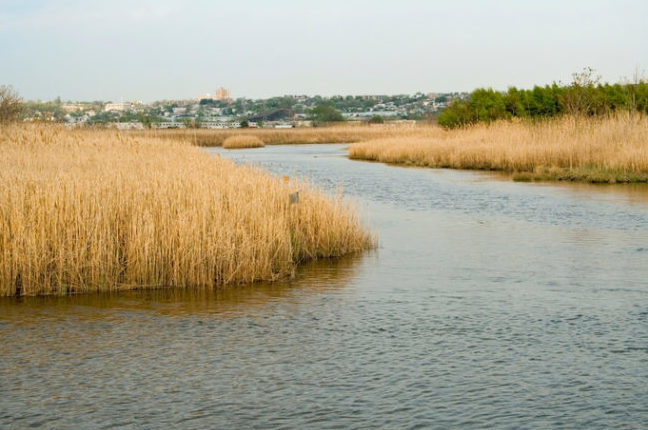In a split decision, a bipartisan four-commissioner panel of the Federal Energy Regulatory Commission (FERC) approved an application by Transcontinental Gas Pipe Line Co. LLC for a construction certificate. Transco plans to upgrade several portions of a pipeline that serves the northeast region of the country, including parts of New York City and New Jersey.
Specifically, the project involves construction of approximately 14 miles of pipeline in Pennsylvania, New Jersey, and Queens County, New York, 23 miles of offshore pipeline near Queens and Staten Island, …
Continue Reading
